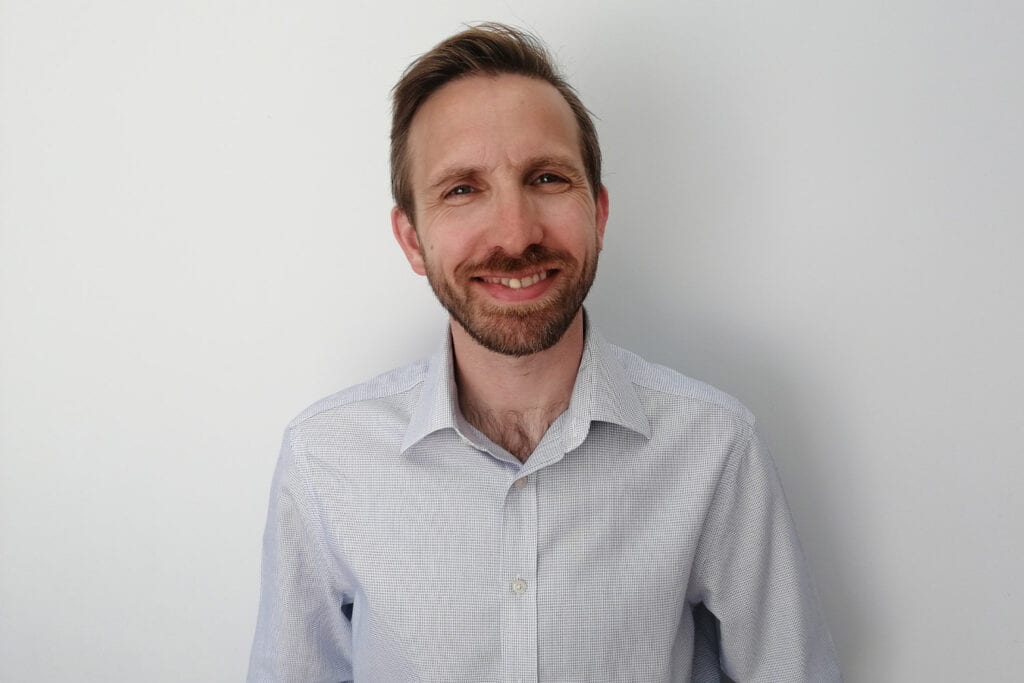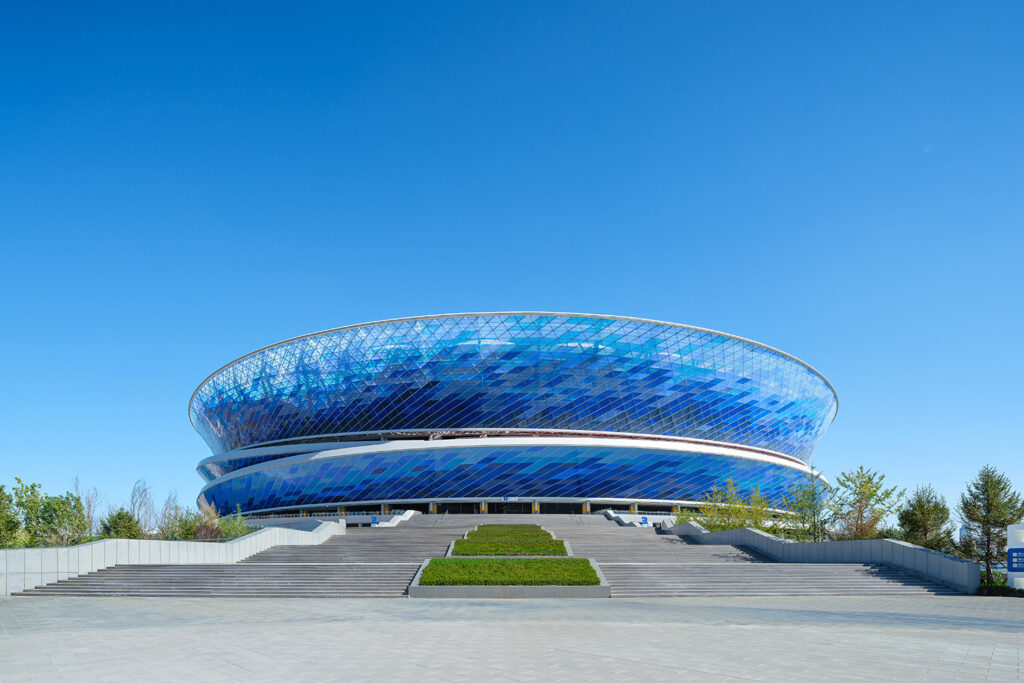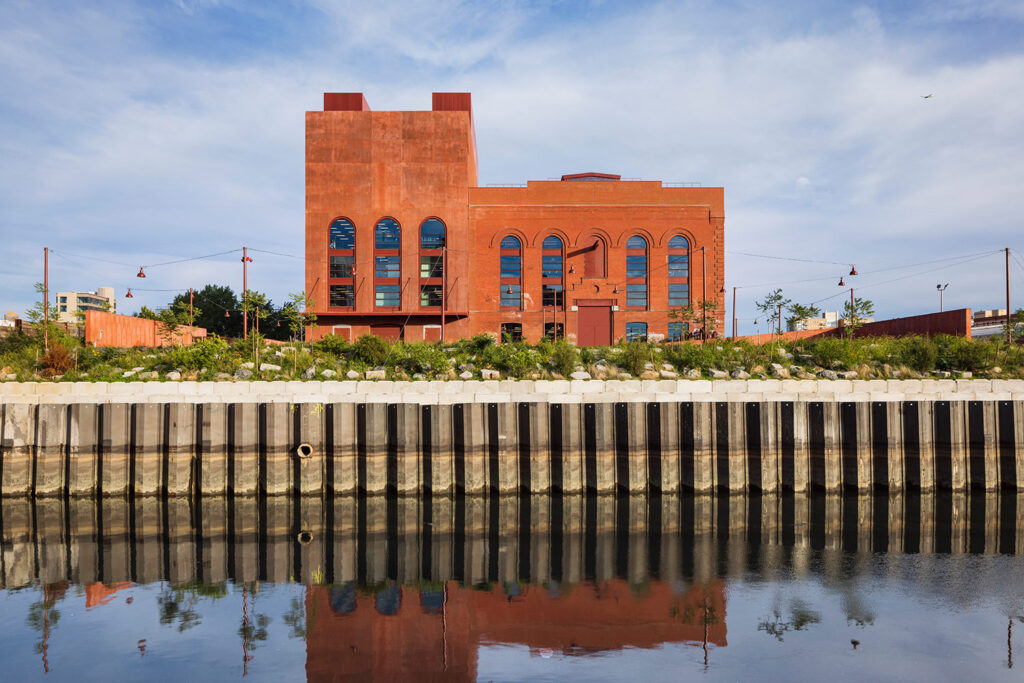
Complex Urban Systems for Sustainability and Health (CUSSH)
London (UK), Rennes (France), Kisumu and Homa Bay (Kenya)
Project details
Client
Kisumu County, Rennes City and Rennes Métropole
Collaborator
University College London and the London School of Hygiene and Tropical Medicine (UK), EHESP (France), APHRC (Kenya)
Duration
2018 – 2023
Services provided by Buro Happold
The Complex Urban Systems for Sustainability and Health (CUSSH) project aimed to develop critical evidence on how to achieve the far-reaching transformation of cities needed to address vital environmental imperatives for population and planetary health in the 21st century.
Buro Happold joined a consortium led by University College London (UCL) and the London School of Hygiene and Tropical Medicine in a global research partnership funded by the Wellcome Trust.
Challenge
A team of international experts closely cooperated to unpick complex issues and identify integrated solutions for the specific problems faced by partner cities on the project.
Cutting-edge science and systems-based participatory methods were required to articulate visions of development, help share policy decisions, and accelerate the implementation of transformational change for health sustainability in low, middle and high-income settings.
Our role in the team was to bring expertise in engaging with city governments and stakeholders on local governance, spatial planning, and urban development projects, complementing the research expertise of the wider project team.
Through close partnerships with local organisations, CUSSH aimed to learn how policy decisions to achieve health and sustainability goals can be improved and accelerated. To do this, our process included steps that provided evidence for enhanced policies in domains such as energy provision, provision, transport infrastructure, green infrastructure, water and sanitation, and housing.

Solution
The Buro Happold team engaged with London, Rennes (France), and the counties of Kisumu and Homa Bay (Kenya) on this project. In London, our sustainability team explored how transport/mobility, air pollution and waste related climate change mitigation policies can improve mental health and wellbeing.
We helped develop a Machine Learning-based software tool to identify peer-reviewed evaluations of projects that involve intervening, at the urban scale, to impact on climate change and health or wellbeing simultaneously. This will be used to build an openly accessible database of comparable case studies from around the world, whilst also providing a tool that may be used to ensure up-to-date information, as new evaluations are published. This will deliver considerable support with future stakeholder and community engagement, drastically reducing the time needed to undertake robust scientific reviews.
In Rennes, our consulting team, along with the EHESP (Rennes) helped to manage an iterative stakeholder engagement programme with Rennes City and Rennes Métropole. During this process, we sought to gain an in-depth understanding of the range of challenges Rennes faces with respect to health and sustainability and began developing evidence-based approaches to tackle them. This included considerations around healthy urban planning and access to green spaces for different populations in the city.
The London and French research teams also came together for workshops to learn from the methodologies being developed on both sides of the Channel.
In Kenya, our waste team provided technical waste management expertise to inform the development of a viable/sustainable Solid Waste Management System proposal for Kisumu. This included research into Waste to Energy Implementation and partnership case studies. We advised on how it would positively impact people’s health as well as reduce carbon emissions. We also helped the Kenyan research team to apply for funding from different streams, including the Green Climate Fund.
Our consulting team worked closely with the local planning teams and county officials to develop highly flexible county-scale spatial planning frameworks to inform policy development across multiple sectors. The main objective was to explore how an integrated approach to spatial planning can help address complex interconnected challenges around sustainability and health and promote enhanced policy impacts.
Working in close collaboration with academic partners, we helped to create models to assess the impact of alternative urban development strategies on population health, health inequalities, socio-economic development, and environmental parameters to support policy decisions. Our work can be scaled up to provide pilot approaches and methodologies, which can inform future spatial planning work in Kisumu County and in other locations in Kenya or other developing regions.

Value
The main goal was to understand, model and collaborate to help achieve policy decisions around population health and sustainability goals.
Buro Happold delivered on its capacity to bring together multistakeholder groups for meaningful and transformative conversations around population health and sustainability in the partner cities. We were able to pull in expertise from different disciplines within Buro Happold, with input into policy development from our experts in consulting, sustainability and waste management.
The project was able to comprehensively engage with policy makers and give them the necessary tools to make transformative changes within their own municipalities. Besides the immediate local effects, such steps are required to meet planetary health and sustainability objectives.














